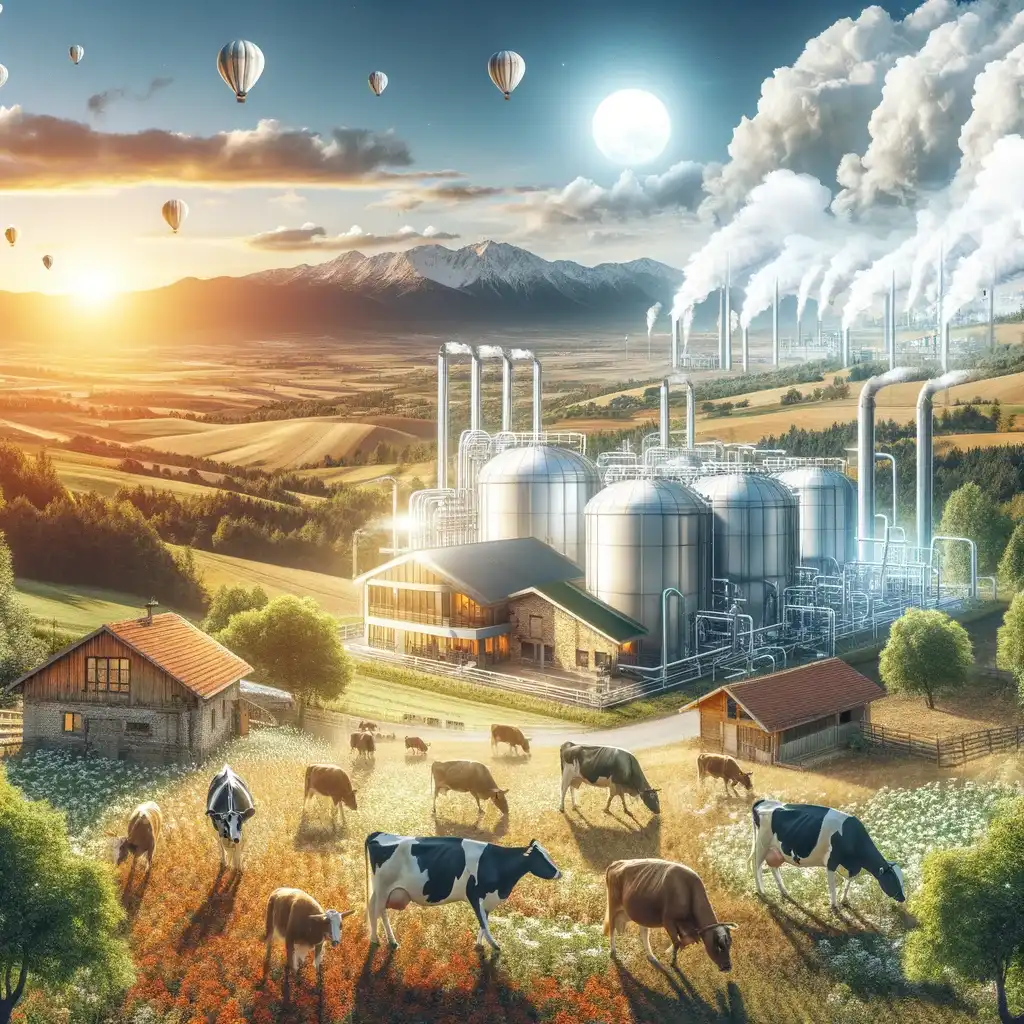
The fact that a large part of the energy demand in Turkey is still met by fossil fuels increases greenhouse gas emissions. The study examines the potential for biogas production from animal manure, particularly in the provinces of Antalya, Isparta, and Burdur, and estimates its usability for energy production.
This study, conducted using machine learning algorithms, not only presents a detailed model to increase the accuracy of energy production and emission estimates, but also makes significant contributions to the scientific literature, the energy sector, and the sustainable environment with comprehensive and data-based predictions related to biogas production from animal manure. The proposed model can be used for energy production and emission estimates from animal manure within the framework of our University's "Livestock Project Focused on Regional Development".
This study represents a significant development. It was observed that the model created using machine learning algorithms achieved high levels of accuracy in predictions of biogas potential, CO2 emissions, coal quantity, electricity production, and thermal energy. In particular, the Support Vector Machines model stood out with an extremely high success rate in predictions of CO2 emissions, electricity production, and thermal energy (R2 = 0.999).
Methane (CH4) emission predictions reached extremely successful rates using Multilayer Perceptron and Linear Regression models (R2 = 0.977 and R2 = 0.962). These results carry great importance in the fields of energy production and emission control. Additionally, the results of the study promise to contribute to Turkey's sustainable environmental model by predicting emission values.
It is necessary to consider the energy production potential of biogas in order to evaluate opportunities for Turkey to reduce energy imports and increase the use of renewable energy. The models used in this study can be applied to various biomass sources in different regions of Turkey, and it is important to expand and test these models in other regions. Future studies may include the country's overall energy and emission modeling, consider the use of proposed models for biogas production from organic waste, and examine issues such as the selection of potential biogas power plants. Such studies will contribute to Turkey's pursuit of a more sustainable path in the fields of energy and environment.

Diğer Haberler













